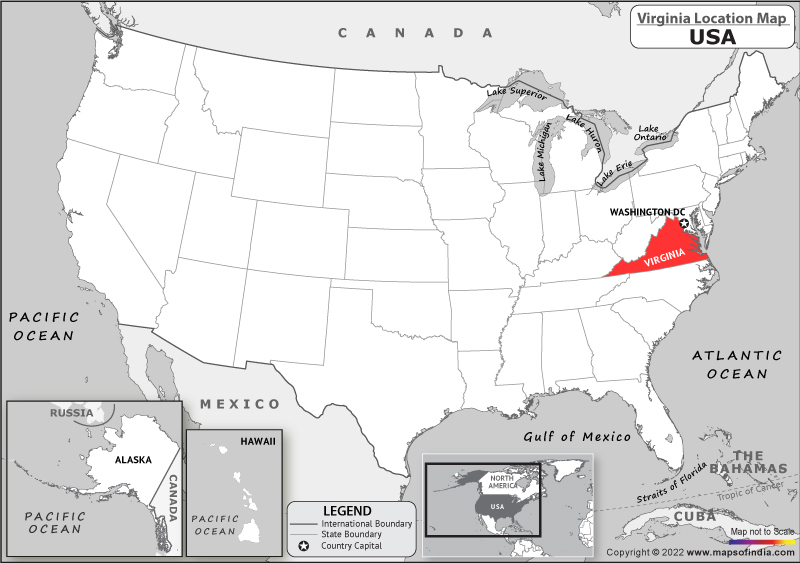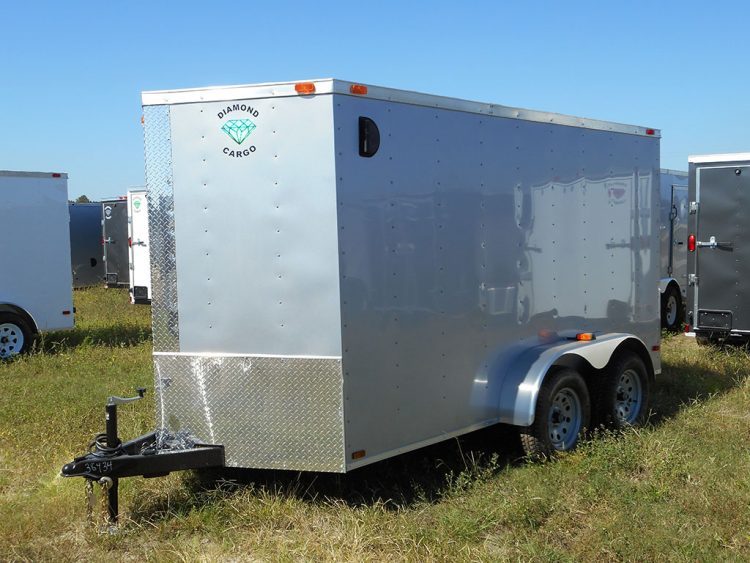Finding the Perfect Enclosed Trailer in Virginia
Posted on September 25, 2024

Virginia’s diverse geography, which spans from the Appalachian Mountains to the Chesapeake Bay, requires careful consideration when selecting an enclosed trailer. Whether transporting goods across the rural farmlands, navigating urban areas like Richmond, or facing unpredictable coastal weather, choosing the right trailer is essential for efficient and safe transport.
In this post, we’ll cover some important factors to consider when buying an enclosed trailer in Virginia, including the impact of the state’s varying terrain, climate, and local regulations.
How to Choose Between a New or Used Trailer in Virginia?
In Virginia, either new or used trailers can be great options depending on your needs. New trailers offer modern features and customization, but used trailers may be more economical.
Plain Ol’ Trailers offers amazing prices on brand-new cargo trailers that can rival pricing for used trailers from other states, all thanks to our factory-direct business model. Most of our customers pick up directly at the factory in Georgia, so if you can make the trip, you can enjoy the modern features and craftsmanship of newly built cargo trailers at second-hand prices!
Looking for an enclosed trailer?
We offer custom cargo trailers and many stock units ready for pickup!
What Trailer Size is Best for Virginia’s Roads?

Virginia’s landscape includes everything from winding mountain roads to flat coastal highways, so the trailer size you need will depend on where you’ll be operating. For businesses moving through Appalachian mountain roads, a smaller, more maneuverable trailer with strong suspension is ideal for handling steep inclines and sharp turns. For those operating in the Tidewater region or around urban centers like Norfolk, a medium-sized trailer that’s easy to navigate through city streets may be more practical.
How Does Virginia’s Climate Affect Trailer Durability?

Virginia experiences hot, humid summers and cold, sometimes snowy winters, meaning you’ll need a trailer that can handle a range of temperatures and conditions. Look for trailers with insulated walls and weatherproof seals to protect against moisture during the rainy months and keep your cargo safe from extreme heat in the summer. Trailers made from rust-resistant materials, like aluminum, are also recommended for coastal areas that experience salty air and humidity.
What Towing Regulations Should You Be Aware of in Virginia?
Virginia’s Department of Motor Vehicles (DMV) requires that all trailers weighing over 3,000 pounds be equipped with brakes. Trailers must also meet the lighting and reflector standards for safe operation on highways, especially in rural areas with low visibility. Be sure to register your trailer with the DMV and check whether a commercial driver’s license (CDL) is required for your specific towing needs, especially if you’re hauling heavy or oversized loads.
What Options Are Ideal for Virginia’s Varying Terrain?
Virginia’s diverse geography requires trailers that can handle both rough terrain in rural areas and smooth highways in urban regions. If you’re transporting equipment through the Shenandoah Valley or Blue Ridge Mountains, opt for a trailer with heavy-duty tires and reinforced axles to withstand the challenges of off-road or uneven conditions. For urban or coastal operations, trailers with compact designs and reinforced weather seals will protect your cargo from both traffic congestion and the salty, humid air.
How Do Virginia’s Industries Affect Trailer Choices?
Virginia’s economy is heavily influenced by agriculture, transportation, and military operations, meaning different industries require specific trailer features. For those in the agricultural sector, a trailer capable of carrying farming equipment or livestock is essential, while businesses near Norfolk’s military bases may need trailers suited for heavy equipment transport. Make sure your trailer is tailored to the specific demands of your industry and the region in which you operate.
When buying an enclosed trailer in Virginia, it’s important to consider the state’s diverse geography, ranging from mountains to coastlines, and its varied climate. Whether you’re hauling goods through rural areas or navigating urban environments, choosing a trailer with the right features and durability will ensure your cargo is protected and your operations run smoothly. Be sure to explore both new and used options and always stay compliant with Virginia’s towing regulations to get the most out of your investment.
 Plain Ol' Trailers - Factory Authorized Representative
Plain Ol' Trailers - Factory Authorized Representative


